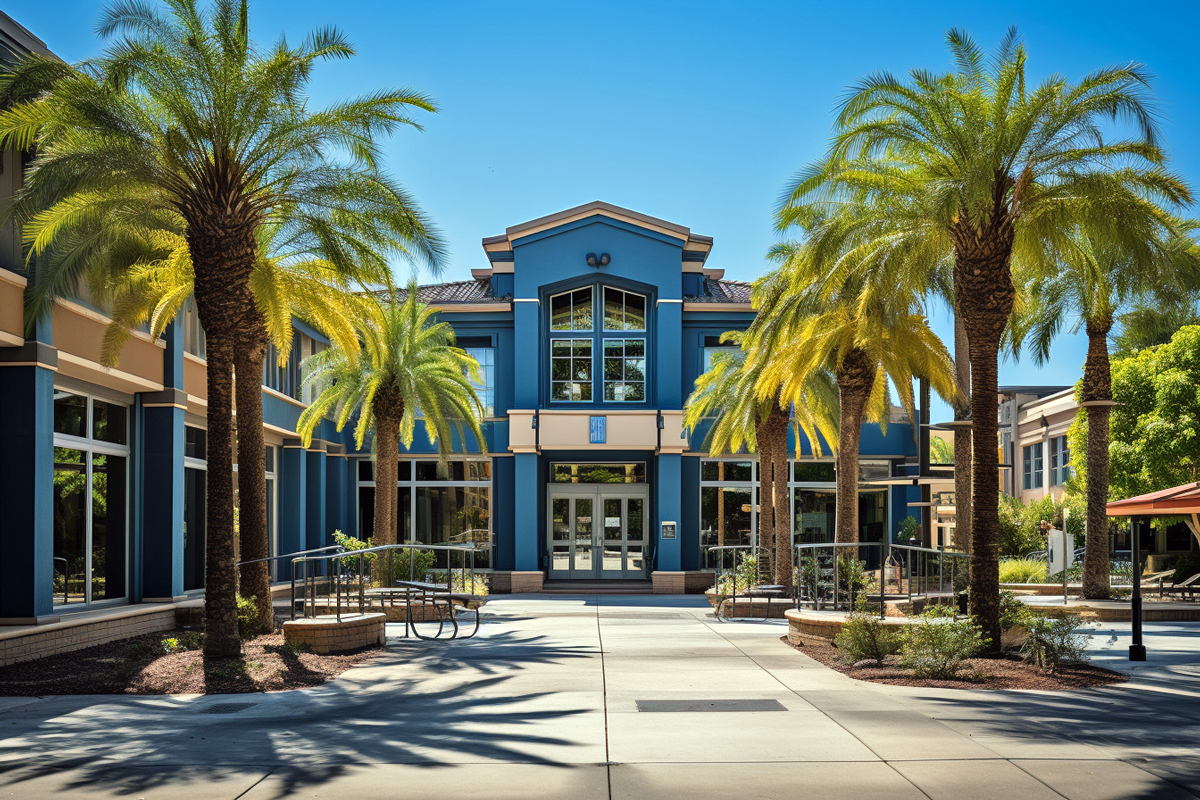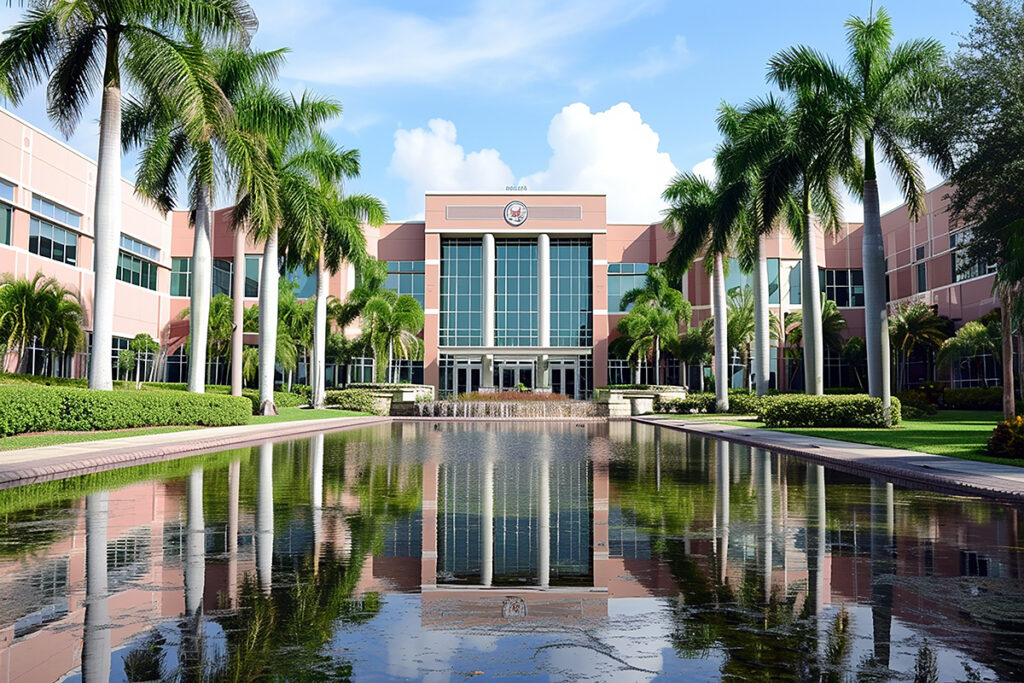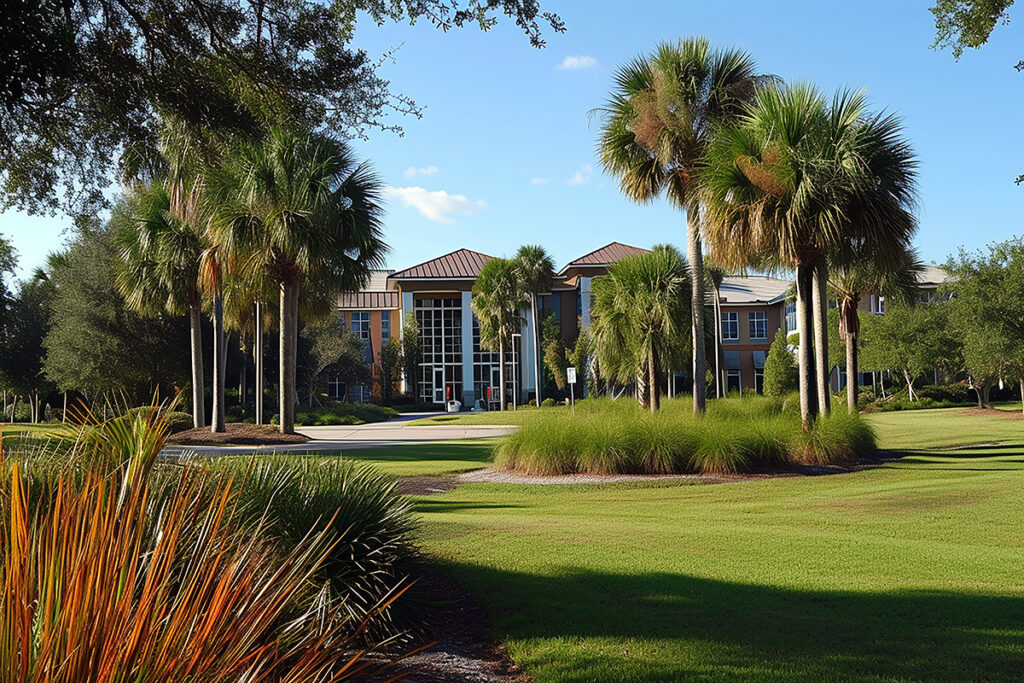
In today’s digital education landscape, mastering SEO for education is crucial for illuminating your content in the vast sea of online information. It’s about more than just visibility for educational websites; it’s about ensuring your valuable content is both accessible and appealing to the audience you want to reach. This guide delves into the art of using SEO to not only highlight your website’s presence but also to enhance its impact and connection with your intended audience. Let’s uncover how strategic SEO can transform your educational content into a beacon of knowledge and learning.

The Integral Role of Search Engines
Search engines are the modern gatekeepers of digital information, sorting and ranking content based on its relevance and authority. Your educational website needs to align with these search engine criteria, positioning itself as a trusted resource in the education sector.
Standing Out in the Digital Educational Arena
The online world is saturated with educational content, making the competition for attention fierce. To stand out, your content must not only be visible but also recognized as a credible, authoritative source of educational knowledge. This requires establishing trust and expertise beyond mere online visibility.

Tapping into Your Audience’s Needs
Effective SEO is rooted in understanding your audience’s search behavior. Diving into the perspectives of students, educators, and academic professionals uncovers the keywords they frequently use. Pinpointing these terms allows you to tailor your content, making it more discoverable and relevant to your intended audience.
Seamless Keyword Integration
Once key terms are identified, the next step is to naturally integrate them into your content. Successful keyword integration is subtle and enhances the value and readability of your content, avoiding the pitfalls of keyword stuffing while boosting your education SEO efficacy.

User-Friendly Website Design and Navigation
Consider your website as an online educational hub. Much like a well-organized campus, your website should offer straightforward navigation and a clear structure, guiding visitors smoothly to the information they seek. This involves intuitive design and logical website architecture, enhancing the overall user experience.
The Critical Nature of Site Speed
Speed is a non-negotiable element in the digital domain. A slow-loading website can repel visitors, akin to a lengthy queue deterring people from a physical location. Optimizing your website’s speed is crucial in retaining visitor engagement and satisfaction.

Diverse Content Creation for Education
Your education website’s content is its lifeblood. It goes beyond just text on a page; it’s about crafting a rich, engaging educational experience. This means producing content that not only informs but also captivates and motivates your audience, transforming them into enthusiastic learners and advocates.
Effective Education Content Distribution
Creating stellar content is only half the battle. The next crucial step is ensuring it reaches and resonates with your audience. Utilize various digital channels, like social media and email campaigns, to disseminate your content widely and effectively.

Fostering Digital Relationships through Link Building
In the education SEO field, garnering quality backlinks from reputable sources is akin to forming strategic alliances. These links serve as endorsements of your content’s quality and credibility, enhancing your website’s authority and driving additional traffic.
Local SEO for Educational Entities
Local SEO is particularly vital for educational institutions. It focuses on elevating your visibility in local search results, optimizing for location-based keywords, and ensuring accurate representation in local directories and mapping services.

Measuring and Refining Your SEO Strategy
To continuously improve, you must measure and analyze your SEO performance. Track metrics like website traffic, organic search rankings, and user engagement to assess the effectiveness of your strategies. This data-driven approach allows for informed refinements to your SEO tactics.
Staying Agile in a Dynamic Digital Environment
The digital landscape, especially in higher education SEO, is in constant flux. Staying updated with the latest trends and algorithm changes is crucial for maintaining an effective education SEO strategy. This commitment to ongoing learning and adaptation ensures that your educational content remains prominent and pertinent.
In sum, mastering SEO for your educational website transcends mere traffic generation. It’s about forging a digital presence that resonates with and fulfills the informational needs of your audience. Implementing these thoughtful SEO strategies means not only optimizing for search engines but unlocking a world of educational possibilities for those who seek it.

